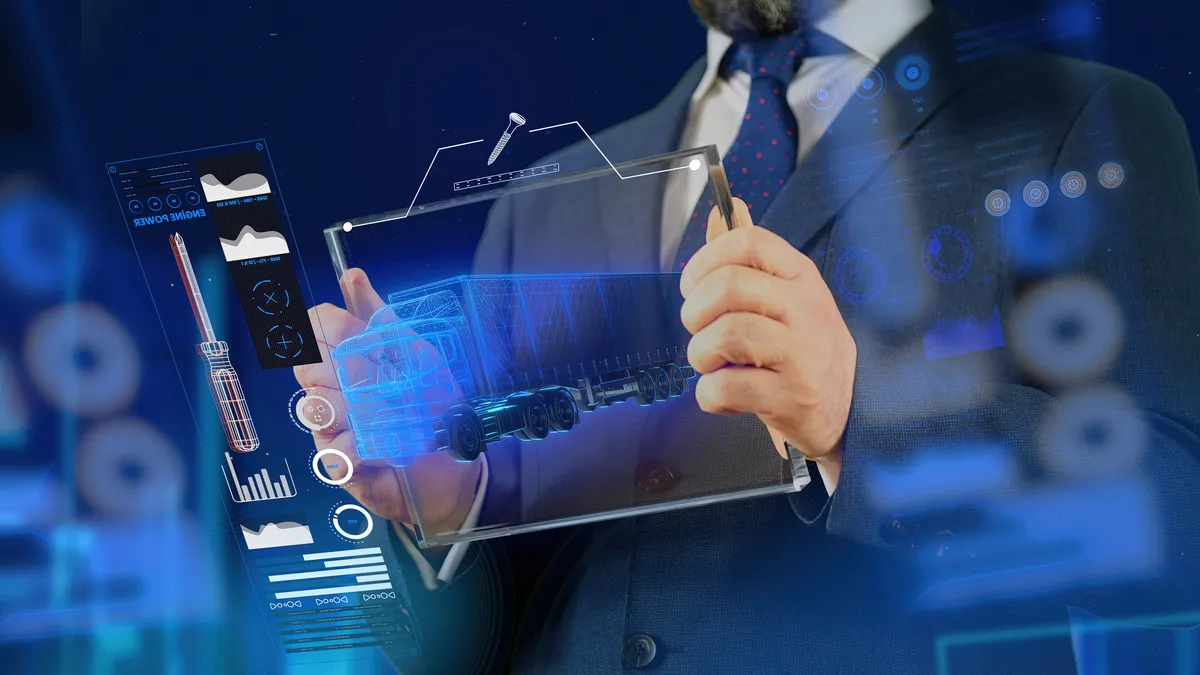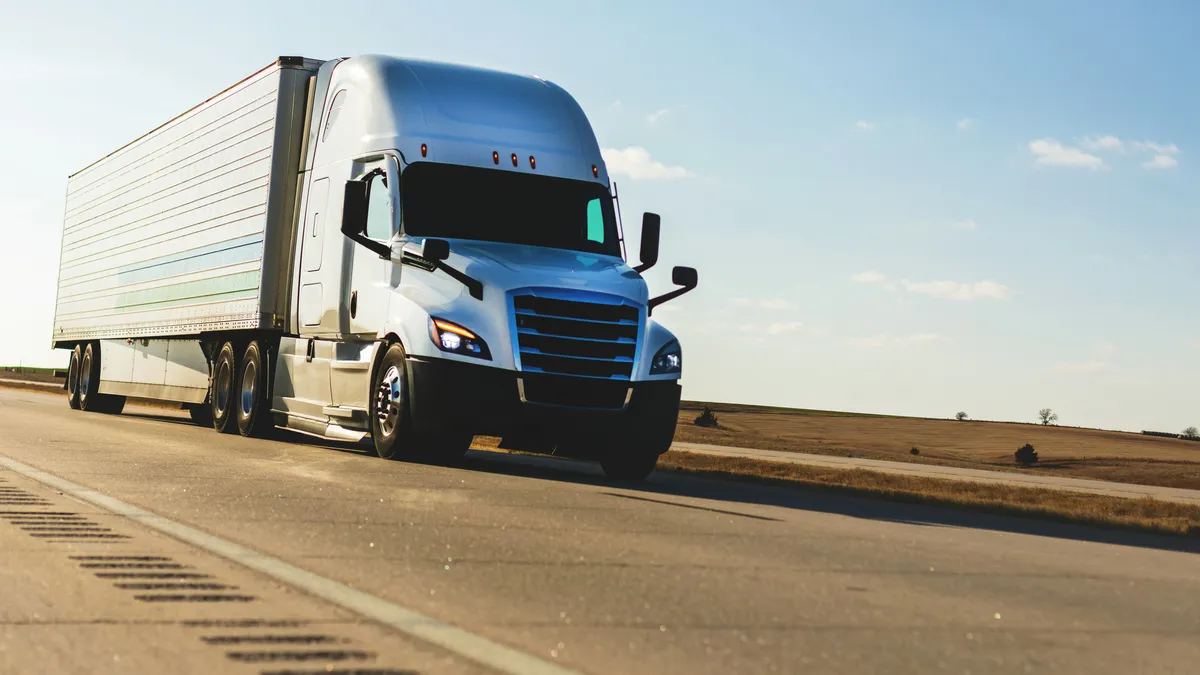In an industry hit hard by pandemic-related disruptions, trucking companies are learning valuable lessons about how to improve operations. One factor has clearly emerged — IT system visibility and interoperability is a must. For many trucking companies however, that's not yet a reality.
Getting multiple technology and IT systems consolidated and aligned is easier said than done, said Mahesh Rajasekharan, president and CEO of Cleo. Increased customer pressure, as well as strict service-level agreement requirements, are pushing companies to invest more in the cloud, integration technology and real-time analysis.
"In a post-pandemic world, enterprises are more aware of the dire need for organizations to digitalize to increase velocity and agility," Rajasekharan said.
For companies not positioned to take these steps, the road ahead might be bumpy, Rajasekharan added.
"If logistics companies don’t take a step back and identify key priorities and plans of attack when strategizing for digital transformation initiatives, they can find themselves investing in multiple solutions at once to solve disparate problems," he explained. "Without realizing it, they have now built themselves into a corner by being unable to integrate their disparate systems."
Tech consolidation is not always a straightforward path, however, and in some cases, separation of IT systems continues to be necessary, said Jorge Mora, owner and CEO at Southern Companies. While many IT solutions provide dispatch and accounting features, companies may still need a separate accounting solution for general company expenses and asset tracking.
Many companies are reluctant to make big IT migrations for other reasons, such as a need to maintain access to old software containing the company’s historical data, Mora said.
Then there’s the employee training involved. "Working to go live can be challenging, particularly for larger companies with multiple offices," said Mora. "Downtime is not an option, especially in today’s environment."
The size of the company matters as well — smaller trucking firms will have less need for IT consolidation and a smaller budget.
"Trucking companies vary in size from one truck to hundreds," said Mora. "The cost of some solutions doesn’t make any sense for smaller companies, nor are the benefits necessary."
The value in systems consolidation at larger companies is often much clearer, giving firms a standardized, cross-business system that eliminates redundancies. Daseke, for instance, recently announced that as it completes acquisitions, it is investing $10 million on enhancements to its technology platforms in order to bring in back-office functions from these companies.
In addition to concerns over the costs and ROI of IT consolidation, companies must consider the "how" of these migrations.
"If trucking companies find themselves grappling with managing multiple disconnected systems, they may find that layering a cloud-based ecosystem integration platform on top of their current IT structure can solve their problems," said Rajasekharan. "This prevents organizations from completely scrapping digital transformation investments and advancements they’ve already made, while simultaneously connecting their disparate systems in a way that enables outcomes that equal more than the sum of its IT parts."
These advantages can include increased agility, end-to-end visibility and transactional control of exchanges with partners, suppliers and customers, Rajasekharan said. "With an adequate consultant or vendor and the right software platform, organizations can connect their IT systems in a matter of days or weeks," he said.
However, Rajasekharan added, recent data reveals that these cloud migrations are not moving as quickly as they could or should, often because companies treat cloud migration as merely an infrastructure upgrade, as opposed to a "business process redesign initiative."
"What we find is that companies that adopt a business results-centric view organize migration projects into a well-defined business release that drives tangible value in a finite period of time," he said.
Rajasekharan said that for trucking companies that can pull off IT consolidation, the pain is worth the effort: "In today’s ecommerce-drives-omnichannel world, logistics companies can fundamentally differentiate themselves by becoming digital businesses that can compete aggressively based on end-to-end visibility and exceptional supply chain performance."












